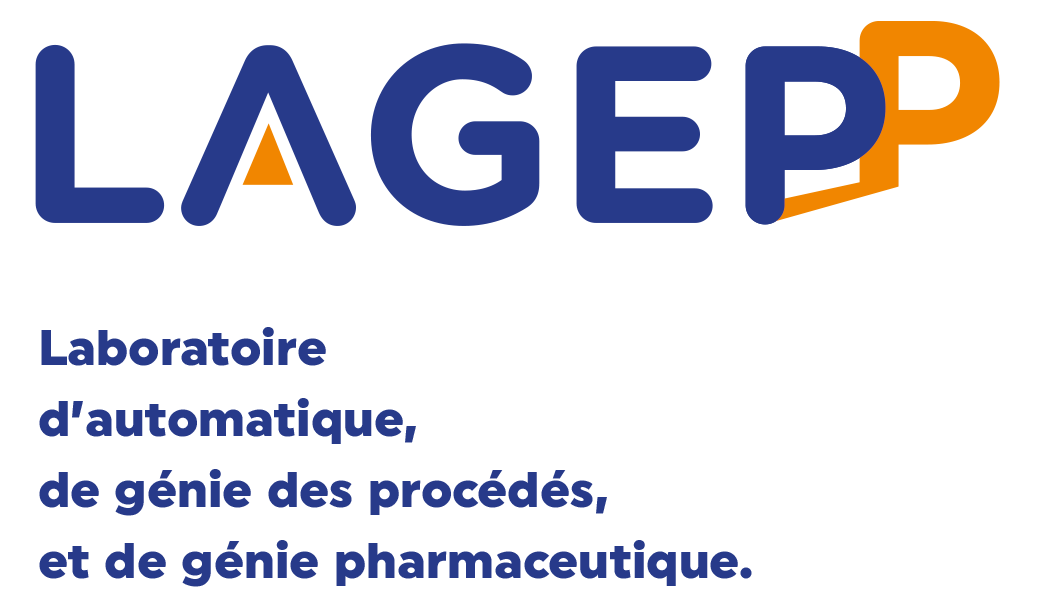Fatty Acid Composition and Metabolism in Leishmania Parasite Species: Potential Biomarkers or Drug Targets for Leishmaniasis?
Abstract
Fatty acids have received growing interest in Leishmania biology with the characterization of the enzymes allowing the complete fatty acid synthesis of this trypanosomatid parasite. This review presents a comparative analysis of the fatty acid profiles of the major classes of lipids and phospholipids in different species of Leishmania with cutaneous or visceral tropism. Specificities relating to the parasite forms, resistance to antileishmanial drugs, and host/parasite interactions are described as well as comparisons with other trypanosomatids. Emphasis is placed on polyunsaturated fatty acids and their metabolic and functional specificities, in particular, their conversion into oxygenated metabolites that are inflammatory mediators able to modulate metacyclogenesis and parasite infectivity. The impact of lipid status on the development of leishmaniasis and the potential of fatty acids as therapeutic targets or candidates for nutritional interventions are discussed.
Origin : Publisher files allowed on an open archive
